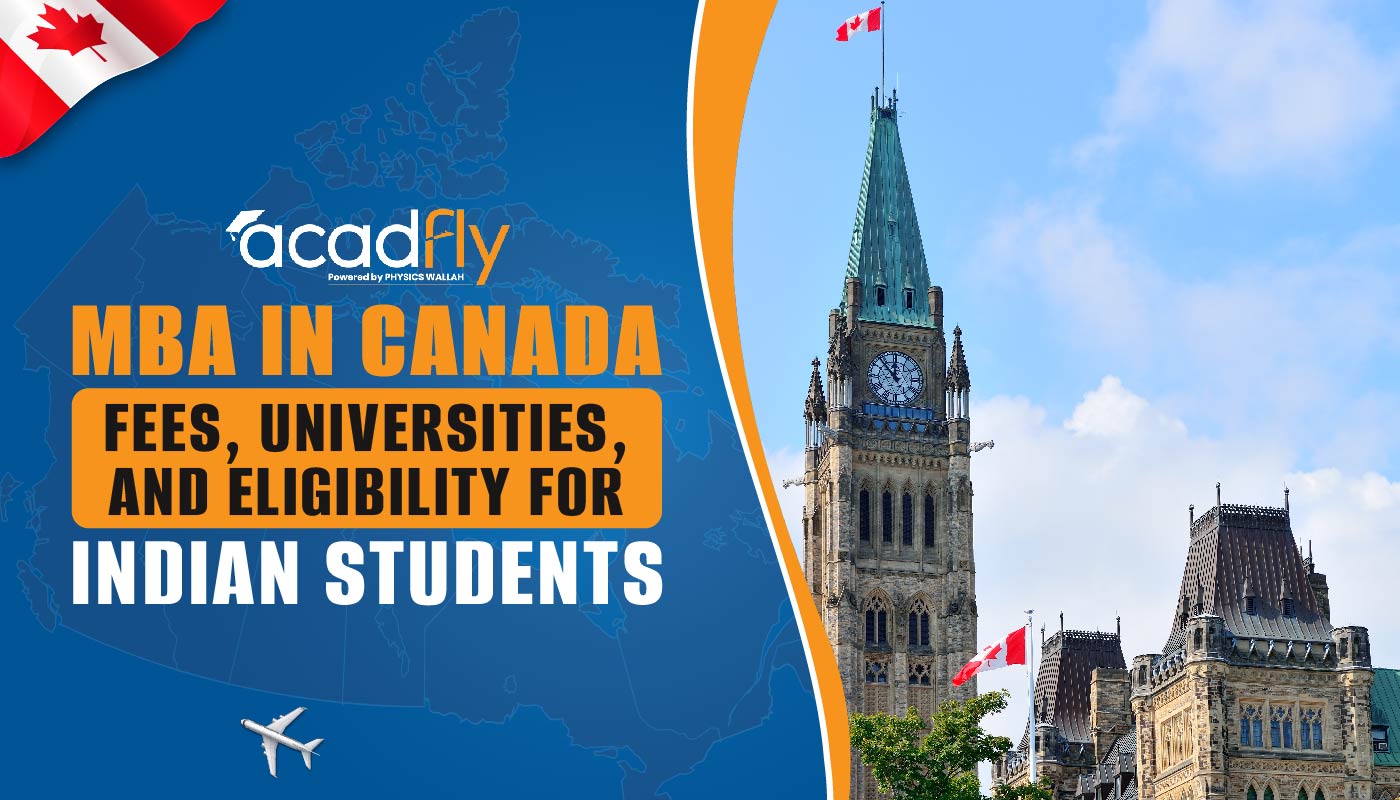

The medical field, particularly for MBBS graduates, is filled with various career opportunities both domestically and abroad. As healthcare demands continue to rise globally, countries are seeking skilled medical professionals to fill gaps in their healthcare systems. Graduates with an MBBS degree find that working abroad opens doors to diverse medical careers and better economic prospects. Many countries offer attractive benefits, advanced medical technology, and an opportunity for personal growth. However, navigating this path requires a thorough understanding of the requirements, challenges, and benefits that come with pursuing medical careers in foreign countries.
Understanding Job Opportunities for MBBS Graduates Abroad
Job opportunities for MBBS graduates abroad have significantly expanded, thanks to the globalization of healthcare and increasing collaboration between nations. Countries, especially those with aging populations or healthcare shortages, are constantly on the lookout for qualified doctors to fill the gaps in their medical workforce. Moreover, working in another country exposes MBBS graduates to international standards of healthcare, allowing them to hone their skills and experience in diverse settings.
The idea of pursuing medical careers abroad is exciting, yet it's important to consider factors such as licensing exams, immigration processes, language barriers, and cultural differences. Different countries have specific requirements, and understanding these before planning to move is essential. But, for those who can navigate these challenges, the rewards, both professional and financial, can be immense.
Medical Careers Abroad for MBBS Graduates
The scope for medical careers abroad for MBBS graduates is vast. As an MBBS graduate, you can enter various fields like clinical practice, research, public health, or even teaching in foreign countries. The medical job markets abroad offer roles in hospitals, clinics, public health organizations, research institutions, and educational institutions.
In many countries, MBBS graduates can practice as general physicians or pursue specialization in different medical fields. Some of the most popular specializations include surgery, internal medicine, pediatrics, and gynecology. Moreover, MBBS graduates may also explore non-clinical fields such as healthcare administration, medical research, and public health.
The Growing Demand for Doctors Abroad
Many countries, especially in Europe, the Middle East, and North America, have a growing demand for medical professionals due to an aging population and a shortage of healthcare workers. Countries like the UK, Germany, Canada, and Australia are known for offering excellent job prospects for MBBS graduates. In addition to these nations, the Middle East, particularly the UAE, Saudi Arabia, and Qatar, also offer attractive job opportunities for doctors due to their rapidly expanding healthcare sectors.
Doctor Jobs After MBBS Abroad
The allure of working abroad for MBBS graduates primarily lies in better work conditions, higher salaries, and exposure to advanced medical technology. However, securing a job abroad as an MBBS graduate often requires passing medical licensing exams specific to the country in which you intend to work. For example, the United States has the USMLE (United States Medical Licensing Examination), while the UK has the PLAB (Professional and Linguistic Assessments Board) test.
The Licensing Process
Before applying for doctor jobs after MBBS abroad, graduates must understand the medical licensing process in their desired country. Each country has its own set of examinations and requirements for foreign-trained doctors. Failing to meet these criteria may result in difficulties securing a position.
For instance, in the United States, the USMLE is a rigorous three-step examination that assesses the medical knowledge and clinical skills of MBBS graduates. Only after passing all steps can one apply for residency and subsequently, medical practice. In the UK, the PLAB test assesses a candidate's capability to work as a junior doctor in the National Health Service (NHS). Similarly, Australia requires passing the AMC (Australian Medical Council) exam to work as a doctor.
While these exams are challenging, the rewards can be substantial. Once an MBBS graduate secures a license in a foreign country, a range of job opportunities opens up, allowing them to work as a physician, specialist, or surgeon.
Healthcare Employment in Foreign Countries
In foreign countries, healthcare employment for MBBS graduates extends beyond clinical practice. Many MBBS graduates also find employment in healthcare management, medical research, and academic roles. The healthcare employment market abroad is diversified and offers numerous options for those willing to step outside traditional clinical roles.
Opportunities in Public Health
Public health is another field that offers excellent career opportunities for MBBS graduates abroad. With growing concerns about global health challenges such as pandemics, healthcare disparities, and chronic diseases, governments and international organizations are actively seeking skilled professionals to develop and implement public health policies. MBBS graduates with an interest in preventive healthcare and policy-making can find rewarding careers in this field.
Medical Job Markets Abroad
The medical job markets abroad vary greatly depending on the country and region. In general, developed nations with advanced healthcare systems offer the most attractive opportunities for MBBS graduates. These countries have established medical infrastructures and are constantly seeking professionals to fill specialized roles.
North America and Europe
Countries in North America and Europe are some of the best options for MBBS graduates. In the United States, for example, the demand for physicians is on the rise due to an aging population and increasing healthcare needs. Similarly, in Canada, MBBS graduates are needed to fill shortages in rural and underserved areas.
Europe also presents vast opportunities, particularly in countries like Germany, the UK, and Ireland. Germany is known for its welcoming attitude toward foreign-trained doctors and offers a structured pathway to medical practice through internships and specialization programs. In the UK, the NHS offers numerous positions for doctors, with special programs aimed at integrating foreign-trained doctors into the healthcare system.
The Middle East
The Middle East, particularly the Gulf Cooperation Council (GCC) countries such as the UAE, Saudi Arabia, and Qatar, has seen a boom in healthcare infrastructure. These nations offer excellent salaries, tax-free income, and state-of-the-art facilities, making them attractive destinations for MBBS graduates. Moreover, there is a high demand for specialized doctors, and many hospitals provide opportunities for career advancement.
Australia and New Zealand
Australia and New Zealand are also popular destinations for MBBS graduates seeking to work abroad. Both countries have well-established healthcare systems and offer attractive salaries, work-life balance, and career growth opportunities. The AMC (Australian Medical Council) and MCNZ (Medical Council of New Zealand) examinations are mandatory for practicing in these countries, but once passed, MBBS graduates can enjoy a fulfilling healthcare career.
Best Countries for MBBS Graduates to Work
When choosing the best country to work in after completing an MBBS degree, graduates should carefully evaluate several key factors such as job availability, salary, work-life balance, and the potential for career development. Each country offers different advantages, making it essential to match personal preferences with professional opportunities. Below are some of the top countries for MBBS graduates to consider for their medical careers:
1. United States
The United States is renowned for having one of the most advanced and highly specialized healthcare systems in the world. It offers numerous job opportunities, particularly for MBBS graduates who wish to pursue a career as specialists or surgeons. Salaries for doctors in the U.S. are among the highest globally, and the country offers excellent resources and technology for patient care and research. However, working in the U.S. often requires passing licensing exams like the USMLE (United States Medical Licensing Examination), which can be rigorous. The demanding work environment may result in long hours, but the career growth opportunities and prestige associated with practicing in the U.S. are significant.
2. United Kingdom
The United Kingdom is another attractive destination for MBBS graduates, thanks to the National Health Service (NHS), which is one of the largest public healthcare systems in the world. The NHS frequently seeks skilled doctors, particularly in specialized areas like surgery, psychiatry, and general practice. While salaries in the UK may not be as high as in the U.S., the country offers a good work-life balance and opportunities for ongoing training and professional development. Foreign medical graduates may need to pass the PLAB (Professional and Linguistic Assessments Board) exam to work in the UK, and those with experience in specialties are particularly in demand.
3. Canada
Canada offers fantastic opportunities for MBBS graduates, especially in underserved or rural areas that are in dire need of medical professionals. Doctors in Canada earn competitive salaries, and the healthcare system is known for its strong emphasis on quality care and patient satisfaction. For international medical graduates (IMGs), obtaining a medical license in Canada can be a long process, as it requires passing the MCCQE (Medical Council of Canada Qualifying Examination) and possibly completing a residency. However, once established, doctors in Canada enjoy excellent working conditions, government benefits, and a high standard of living.
4. Germany
Germany has a well-established healthcare system and offers structured pathways for foreign-trained doctors to integrate into the workforce. The country is one of Europe’s largest healthcare providers, with a high demand for doctors in both urban and rural settings. One of the biggest advantages of working in Germany is the clear and systematic process for foreign doctors to get licensed and practice. While language proficiency in German is necessary, the medical training is world-class, and salaries are competitive. Germany also offers a high quality of life, with good work-life balance and career advancement opportunities.
5. Australia
Australia is known for its excellent healthcare system and high quality of life, making it a top destination for MBBS graduates. The country offers numerous job opportunities, particularly for doctors specializing in general practice, surgery, and emergency medicine. Australia’s medical sector is well-organized, with clear licensing procedures for foreign-trained doctors, including passing the Australian Medical Council (AMC) exams. Doctors in Australia enjoy competitive salaries, a great work-life balance, and access to a robust healthcare infrastructure. Additionally, Australia’s natural beauty and outdoor lifestyle add to its appeal for those seeking both professional fulfillment and a good quality of life.
These countries offer some of the best opportunities for MBBS graduates, but the path to working in these nations can vary. Licensing requirements, language proficiency, and immigration policies are crucial factors to consider before making a decision. However, with the right preparation, MBBS graduates can find rewarding careers with excellent growth potential in these countries.
Balancing Challenges and Opportunities
While the job opportunities for MBBS graduates abroad are promising, there are challenges to consider. Licensing exams, immigration laws, cultural adaptation, and language barriers can be difficult hurdles to overcome. However, the positive aspects, such as exposure to advanced medical systems, better salary packages, and opportunities for specialization, often outweigh these challenges.
Below is a comparative table showing the benefits and challenges of working in various countries for MBBS graduates:
|
Country |
Benefits |
Challenges |
|
United States |
High salaries, advanced medical technology, opportunities for specialization |
Stringent licensing exams (USMLE), a competitive job market |
|
United Kingdom |
NHS job availability, structured pathways for foreign doctors |
Long licensing process (PLAB), high cost of living |
|
Canada |
High demand in rural areas, excellent work-life balance |
Immigration processes, language proficiency tests |
|
Germany |
High demand, structured internships, free education |
Language barriers, complex licensing procedures |
|
Australia |
Attractive salaries, good work-life balance |
Tough immigration policies, AMC exam |
These countries offer a balance of pros and cons that must be weighed carefully before deciding to move abroad.
Conclusion
MBBS graduates looking for job opportunities abroad have many options at their disposal. Countries across North America, Europe, the Middle East, and Australasineedof qualified doctors. While licensing exams and adaptation to new healthcare systems may be challenging, the rewards are well worth the effort. MBBS graduates should carefully assess the opportunities in each country, the licensing requirements, and the long-term career prospects before making a decision.
Frequently Asked Questions
1. What are the best countries for MBBS graduates to work abroad?
2. How do I secure a doctor's job abroad after MBBS?
3. What challenges do MBBS graduates face when working abroad?
4. Can MBBS graduates work in non-clinical roles abroad?
5. Is working abroad financially rewarding for MBBS graduates?









